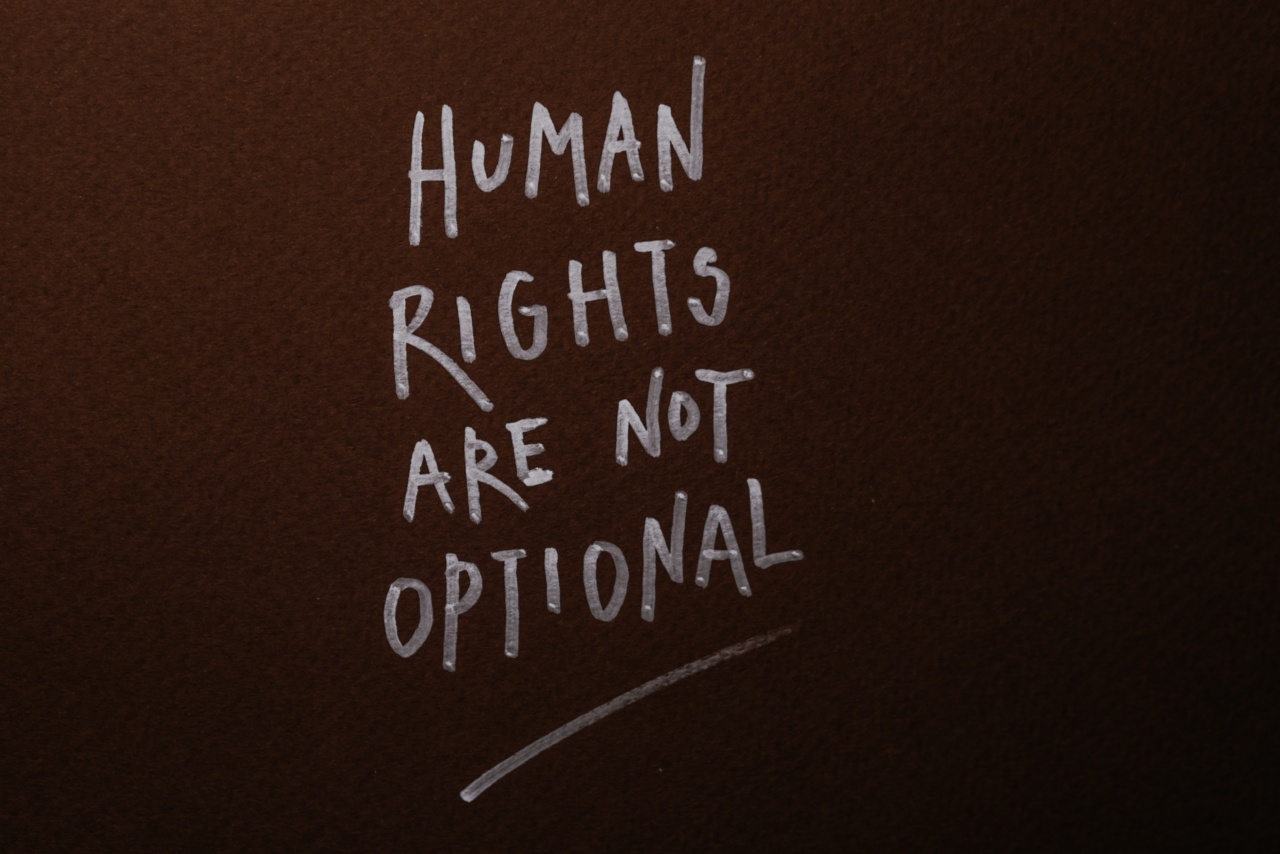Communication is an essential aspect of human interaction, allowing us to express our thoughts, emotions, and ideas. While positive letters are often cherished and cherished, negative letters hold a significant place in our lives as well.
Negative letters are those communication pieces that convey criticism, disapproval, or negative feedback.
Undoubtedly, receiving a negative letter can be disheartening, leaving the recipient feeling hurt, frustrated, or anxious.
However, it is crucial to remember that negative letters serve a purpose and hold valuable meaning that can benefit both the sender and the recipient. In this article, we will delve into the world of negative letters, their implications, and strategies for addressing them effectively.
The Power of Negative Letters
Negative letters possess a unique power that differs from positive ones. While positive letters foster a sense of validation and encouragement, negative letters challenge us to reflect upon our actions, behaviors, or decisions.
They provide an opportunity for growth, improvement, and corrective action.
When we receive a negative letter, it is essential not to dismiss it outright or react defensively. Instead, we should approach it with an open mind, viewing it as a chance for self-improvement and personal development.
Negative letters can act as catalysts for change, pushing us to examine our thoughts, actions, and behaviors critically.
Interpreting Negative Letters
Interpreting negative letters requires careful consideration and a thoughtful analysis of the underlying message.
Often, negative letters are not solely about criticizing or pointing out flaws, but also about expressing concerns, suggesting improvements, or fostering dialogue. The key lies in unmasking the true intentions behind the negative letter.
As we dissect a negative letter, we should look beyond the surface-level criticism and try to understand the concerns or perspectives being conveyed.
Is the sender genuinely interested in helping us grow, or are there personal biases, resentments, or conflicts clouding their judgment? By critically evaluating the underlying motives, we can extract valuable insights from even the harshest negative letters.
Handling Negative Letters Constructively
Receiving a negative letter can be emotionally challenging, but responding to it constructively is crucial for personal and professional growth. Here are a few strategies to handle negative letters effectively:.
1. Maintain Composure
When faced with a negative letter, it is natural to experience a rush of emotions. However, it is essential to maintain composure and avoid responding impulsively.
Take a step back, process your emotions, and approach the situation with a calm and collected mindset.
2. Read Carefully and Analyze
Thoroughly read the negative letter, paying attention to the specific criticisms or feedback being conveyed. Take time to analyze each point and determine its validity.
Consider seeking a different perspective or consulting with trusted individuals who can provide an objective viewpoint.
3. Seek Clarification
If certain aspects of the negative letter are unclear or ambiguous, it is perfectly acceptable to seek clarification from the sender. Engage in respectful dialogue, ask questions, and seek to understand their perspective better.
Communication and conversation can help bridge gaps in understanding and resolve conflicts.
4. Embrace Feedback
Negative letters are an opportunity for growth and improvement. Embrace the feedback provided and use it as a stepping stone for self-improvement.
Focus on the constructive aspects and identify areas where you can enhance your skills, knowledge, or behavior.
5. Respond Professionally
When addressing a negative letter, it is crucial to respond professionally and respectfully. Avoid becoming defensive or engaging in personal attacks.
Instead, acknowledge the feedback, express gratitude for the opportunity to improve, and outline your plan for addressing the concerns raised.
Implications on Relationships
Negative letters can significantly impact relationships, whether personal or professional. The way we handle and respond to negative letters can determine the course of a relationship.
It is essential to approach negative feedback with empathy, understanding, and a willingness to address the concerns raised.
In professional settings, negative letters from colleagues, supervisors, or clients can offer insights into areas where we can enhance our performance or professional relationships.
By taking the feedback seriously and working towards improvement, we can foster trust, growth, and better collaborations.
In personal relationships, negative letters can be more emotionally charged, as they often involve sensitive topics or conflicts. It is crucial to approach these situations with a desire for resolution and growth.
Engage in open and honest communication, actively listen to the concerns raised, and work together to find mutually agreeable solutions.
Growing Stronger from Negative Letters
Negative letters, although initially challenging, can act as catalysts for personal and professional growth. By embracing the feedback, analyzing it objectively, and taking appropriate action, we can evolve into better versions of ourselves.
Negative letters should not be viewed as personal attacks, but rather as opportunities for improvement and self-reflection.
Remember, nobody is perfect, and we all have room for growth. The ability to effectively navigate negative letters is a skill worth developing as it can positively impact our personal and professional lives.
Embrace the lessons they offer and use them as stepping stones towards a brighter and more fulfilled future.






























